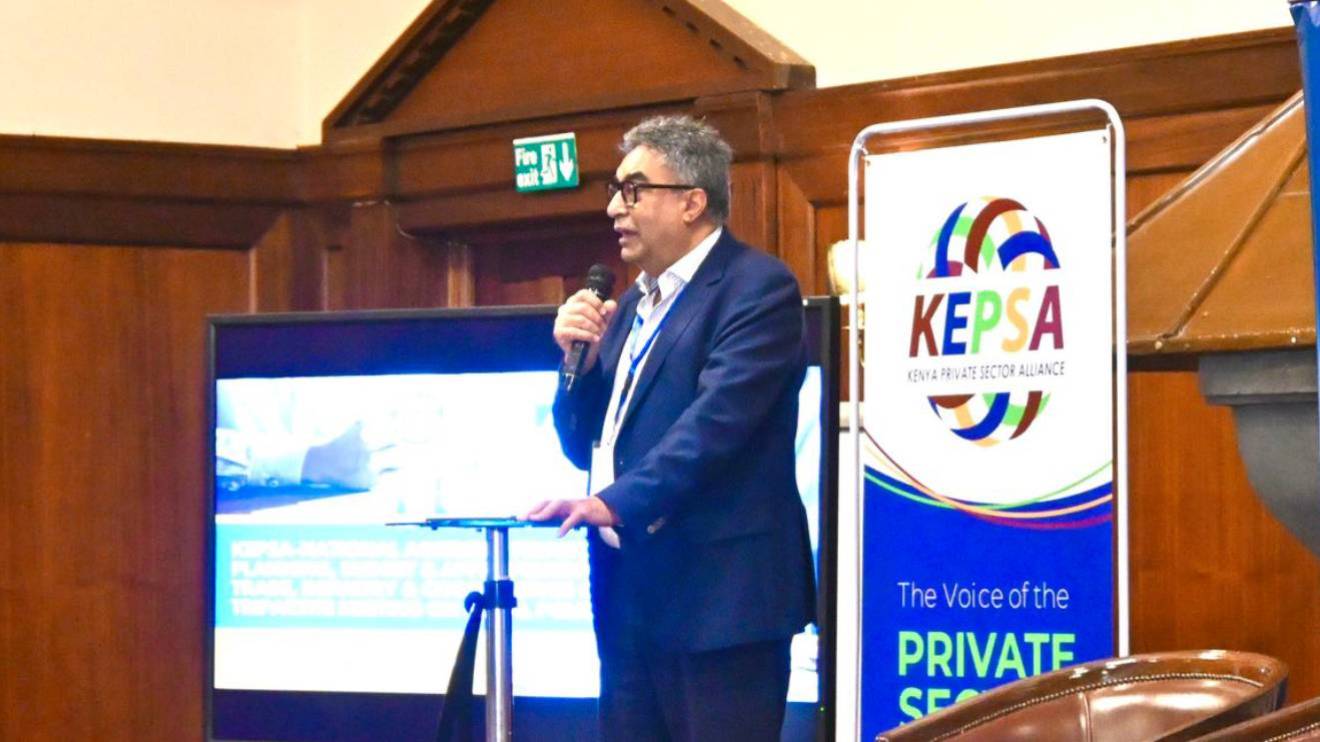Calls for Kenya’s banking sector to abandon the comfort of state-backed securities and redirect credit to small businesses are growing louder, as private sector leaders intensify pressure on lenders to reform what they term as a “lazy” financial system.
Top business executives attending a forum hosted by the Kenya Private Sector Alliance (KEPSA), in partnership with SeamlessHR, have called out commercial banks for prioritising investments in government securities over extending credit to the real economy, particularly micro, small, and medium enterprises (MSMEs).
“There is the need for significant reform within Kenya's banking sector, advocating for consolidation from 38 to approximately 15 banks. And a strong push for a transition from ‘lazy banking’ to increasing private sector credit, with a target of 15 per cent from the current 1 per cent,” reads part of the recommendations by KEPSA.
This appeal comes in the wake of revelations that nine of the country’s tier one banks earned a staggering Sh110.39 billion in interest income from government securities during the first half of 2024, representing a 17.87 per cent increase over the previous year.
Most of this windfall came from Treasury bonds, which now account for 85.5 per cent of domestic debt. Treasury bills follow distantly at 11.4 per cent.
Read More
Critics argue that such returns have incentivised banks to exploit even the Central Bank of Kenya’s emergency discount window, intended strictly for temporary liquidity, by borrowing cheaply and funnelling the funds into higher-yielding government paper.
The executives now want the financial sector to reverse this pattern and shift toward cash-flow-based lending, especially for startups and SMEs, instead of sticking rigidly to collateral requirements that often shut out smaller borrowers.
SeamlessHR Chairman Irfan Keshavjee underscored the urgency of aligning Kenya’s economy with global trends, saying, “The global economy is shifting in ways we can't predict. These forces create instability, but also new possibilities. The key to navigating this uncertainty is not just a strategy for capital, it is people.”
Dr Jas Bedi, Chairperson of KEPSA, emphasised the transformative potential of technology: the Fourth Industrial Revolution, he said, holds the key to unlocking productivity and innovation, even amid volatility.
At the heart of the reform calls is a demand for a stronger focus on MSMEs and informal sector actors, particularly through improved access to supply chain financing and credit facilities.
Executives at the forum also called for faster implementation of national AI strategies, warning that any delay could cost the country its competitive edge.
Meanwhile, a report by the CFA Institute, a global body focused on financial education, paints a troubling picture of the capital markets.
It shows that the landscape is increasingly dominated by development finance institutions (DFIs) and offshore investors, leaving domestic investors largely on the sidelines.
CFA capital markets specialist at Financial Sector Deepening Africa (FSD Africa), Brian Opiyo Yalla, noted in the report Capital Formation in Africa: A Case for Private Markets that Kenya’s private capital market is heavily skewed in favour of bank-issued bonds.
“Most corporate bond issuance in Kenya comes from banks and nonbank financial institutions; nonfinancial companies hesitate to access the market,” said Opiyo.
“This dynamic leaves a small pool of diverse corporate bonds available for investors. As of September 2023, Sh28 billion worth of corporate bonds was outstanding, from a small list of eight issuers, two of which collapsed in the mid-2010s.”
The proposed taxation of green bonds and the allure of government securities with high returns now threaten to further erode confidence and interest in the private capital market, adding another layer to the argument that Kenya’s financial sector urgently needs a shake-up.


-1757663582.jpeg)

-1757586635.jpg)




